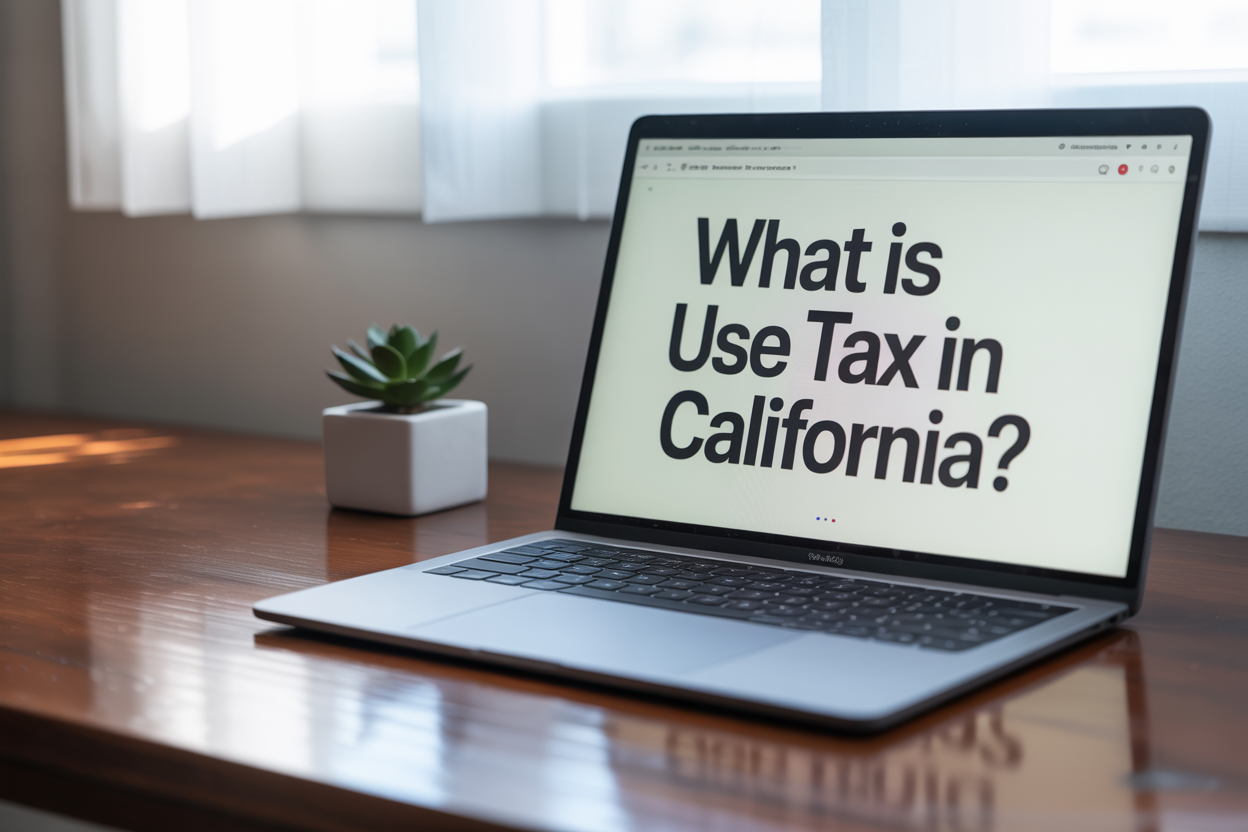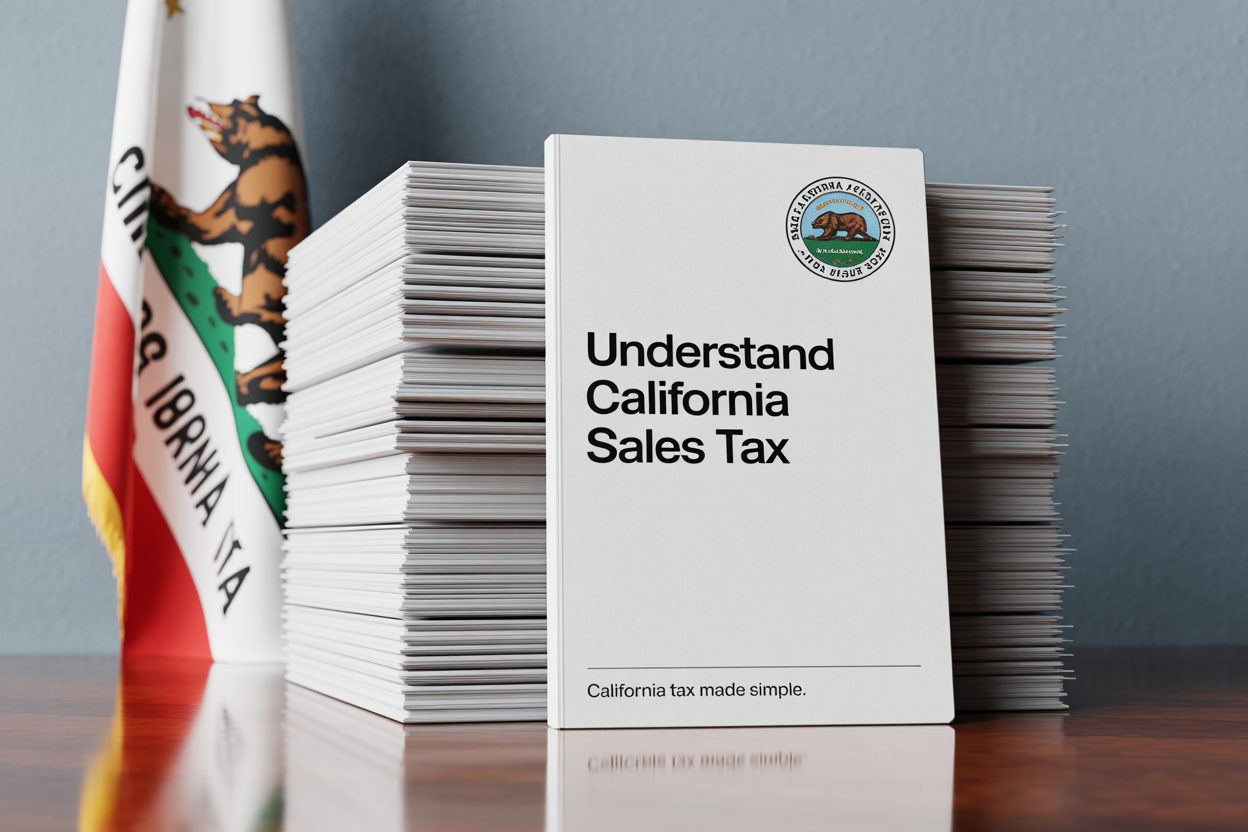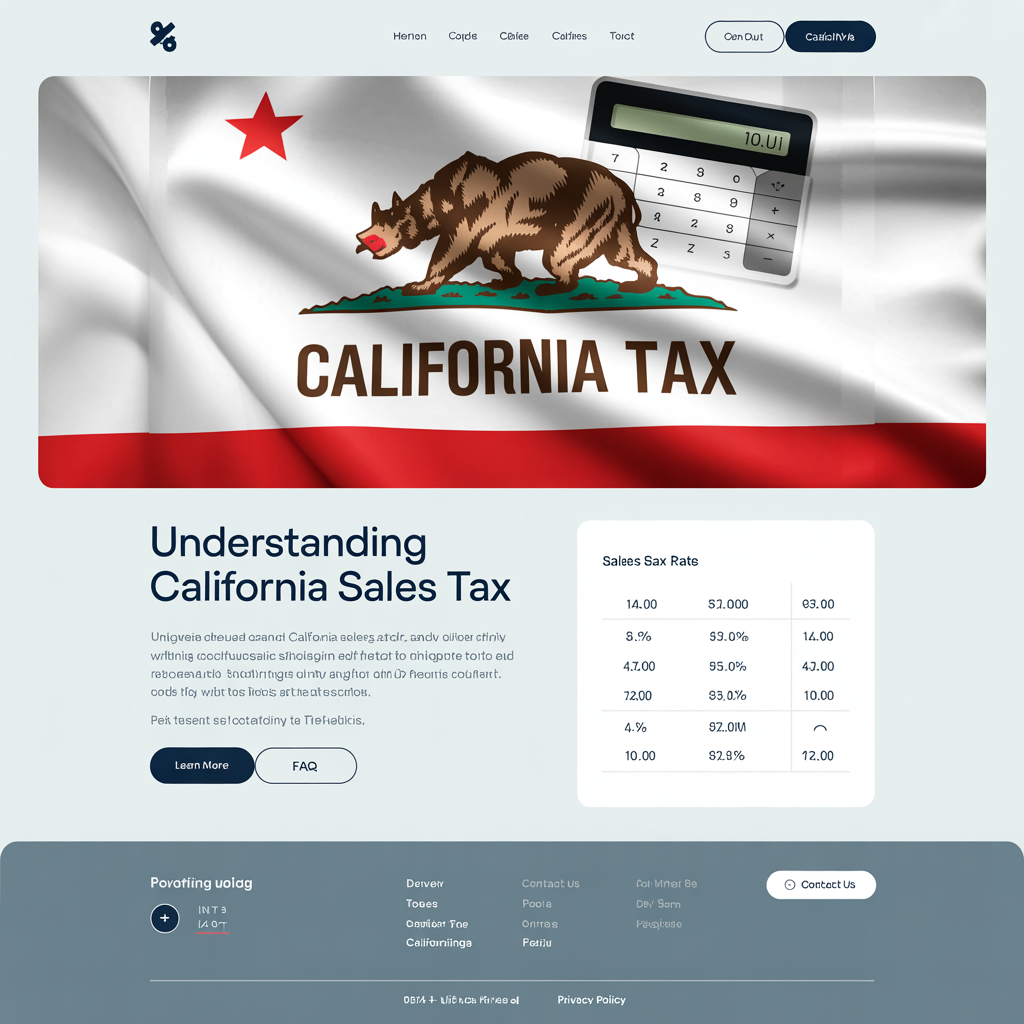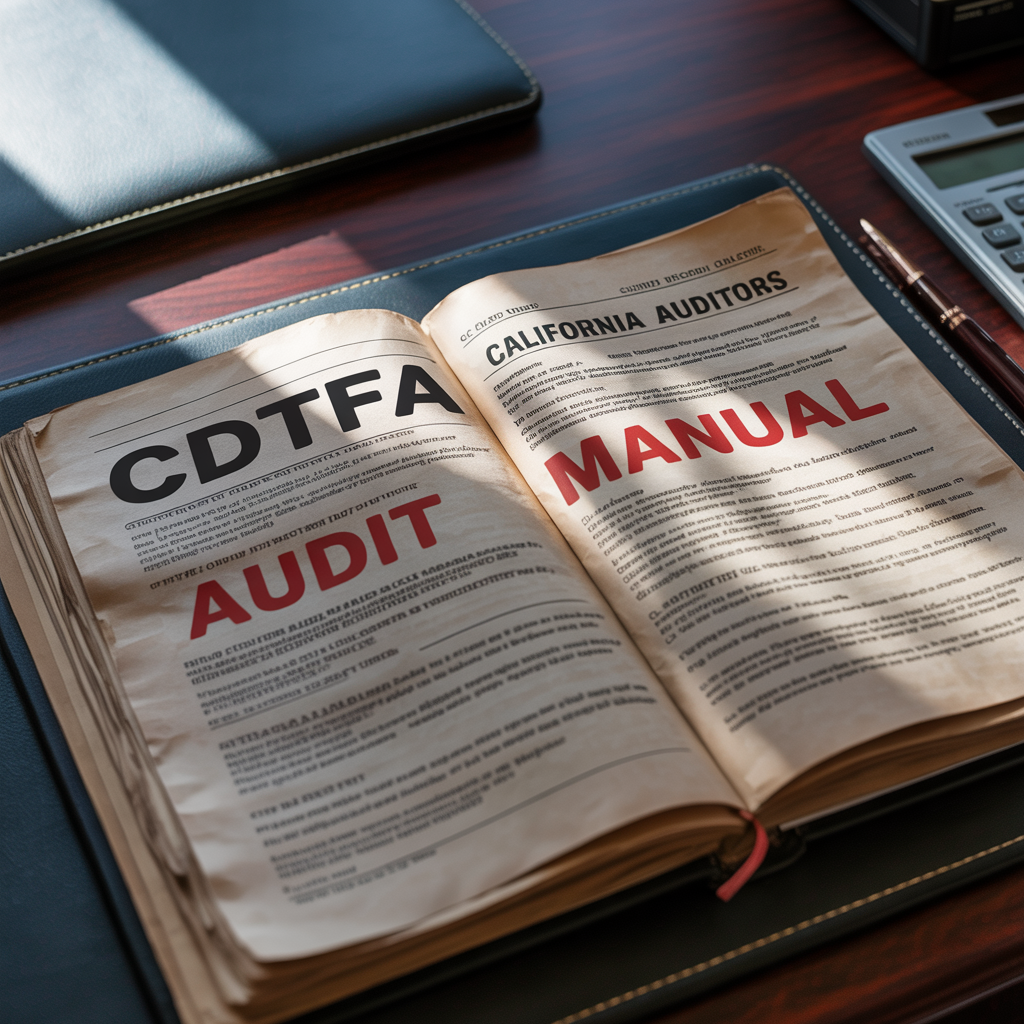How to Respond to a CDTFA Notice of Determination
Your 30-Day Window to Fight a California Sales Tax Assessment

If you’ve received a Notice of Determination from the California Department of Tax and Fee Administration (CDTFA), the clock is already ticking.
This formal letter means the CDTFA has finished its audit or review — and they believe you owe back sales tax, plus penalties and interest.
You now have 30 days to respond. If you don’t, the assessment becomes final, and collections can begin — including liens, levies, and wage garnishments.
In this guide, we’ll explain exactly:
- What the notice means
- How to respond or appeal
- What happens if you ignore it
- And how to protect yourself from further damage
If you’re already in this position, start by reviewing your options for sales tax audit defense for online sellers.
What Is a CDTFA Notice of Determination?
This notice is an official assessment of unpaid sales tax. It’s often issued after:
- A CDTFA audit
- An incomplete response to record requests
- A sales tax return showing underpayment
- Failure to file altogether
It includes:
- The total amount the CDTFA claims you owe
- Interest and penalties
- Appeal rights and deadlines
- A final warning before enforcement begins
Why You Received the Notice
You may receive a Notice of Determination for:
- Underreported sales based on POS or bank data
- Estimated sales from incomplete records
- Failure to respond during a CDTFA audit
- Suppression concerns (e.g., zappers, cash skimming)
- Sales into California without registration or proper reporting
If the CDTFA estimates your sales — and you don’t push back — the number will almost always be inflated.
This is why understanding what triggers a CDTFA sales tax audit is crucial for online sellers.
If you’re also being pursued for underreported income by the Franchise Tax Board, the two issues may be linked. In some cases, you may also encounter California FTB bank levy enforcement as part of multi-agency collections.
How to Respond Within 30 Days
Step 1: Review the Notice in Detail
Confirm:
- The audit period
- The amount assessed
- Whether the figure is based on actual records or estimates
- Your deadline to appeal
Step 2: File a Petition for Redetermination
This is your formal appeal. It must be submitted within 30 days of the notice date. It should include:
- A written statement explaining why you disagree
- Supporting documentation (POS data, bank statements, tax returns)
- Any explanation for prior discrepancies or estimated figures
Working with an experienced CPA gives you stronger grounds for challenging CDTFA audit findings during this process.
What Happens If You Do Nothing
If no response is received within 30 days:
- The debt becomes final
- CDTFA will record a state tax lien
- They may levy your business bank account
- Your Seller’s Permit may be suspended
- They can garnish your wages or file with the FTB for income tax enforcement
Once collections begin, your options become limited — and far more expensive.
Can You Still Fight the Determination After 30 Days?
Sometimes — but your chances go down significantly.
Options may include:
- A late petition (with cause)
- Settlement request (in rare hardship cases)
- Filing a claim for refund after paying the full balance
- Appeal through the Office of Tax Appeals (OTA)
To avoid this, always file your petition on time — even if incomplete. You can supplement it later with supporting documents.
How We Help California Businesses Respond
At Boulanger CPA and Consulting PC, we represent clients at every stage of CDTFA enforcement. If you’ve received a Notice of Determination, we can:
- File your Petition for Redetermination
- Analyze your audit report
- Reconstruct and present missing records
- Negotiate adjustments or settlements
- Represent you in hearings or OTA appeals
We also coordinate defense when Franchise Tax Board or EDD issues overlap. This includes handling payroll tax enforcement from EDD and managing the “IRS audit assessment process” when federal concerns arise.
Schedule Your Free Strategy Call
You have 30 days to act. We can help you:
- Avoid liens and levies
- Dispute inflated audit results
- Create a realistic payment or appeal strategy
Orange County-based. Serving all of California. Virtual consultations available statewide.
👉 Schedule your free audit strategy call and explore more in Defend What’s Yours — your guide to protecting your business from aggressive tax enforcement.
Frequently Asked Questions
What is a CDTFA Notice of Determination?
A Notice of Determination is a formal sales tax assessment issued by the California Department of Tax and Fee Administration (CDTFA) after an audit or review.
What should I do first after receiving a Notice of Determination?
Act quickly. Review the notice carefully, verify the tax periods and amounts, and consult with a CPA or tax professional to evaluate your options.
How long do I have to respond?
You typically have 30 days to file a Petition for Redetermination if you disagree with the assessment. Missing this deadline limits your appeal rights.
Can I appeal a CDTFA determination?
Yes. You can file a Petition for Redetermination and, if necessary, appeal further to the Office of Tax Appeals (OTA).
What happens if I ignore the notice?
If you don’t respond, the CDTFA can enforce collection, including levies, liens, and garnishments, based on the assessed balance.
Can penalties and interest be reduced?
Yes. You may qualify for penalty relief if you show reasonable cause, such as disaster, illness, or reliance on professional advice. Interest is rarely waived.
Should I get professional help for a Notice of Determination?
Yes. Professional representation ensures you meet deadlines, preserve your appeal rights, and present the strongest defense against CDTFA claims.
📣 About the Author
Marc Boulanger, CPA is the founder of Boulanger CPA and Consulting PC, a boutique tax resolution firm based in Orange County, California and trusted by high-income individuals and business owners across Southern California.
He is the author of Defend What’s Yours: A California Taxpayer’s Guide to Beating the IRS and FTB at Their Own Game, available now on Amazon. The book offers a step-by-step plan for resolving IRS and FTB tax debt without losing your business, your home, or your peace of mind.
With over a decade of experience resolving high-stakes IRS and State tax matters, Marc brings strategic insight to complex cases involving wage garnishments, bank levies, unfiled returns, and six-figure tax debts. He is known for helping clients reduce or eliminate tax liabilities through expertly negotiated settlements and compliance plans.
Marc is a Certified Public Accountant licensed in California and Oklahoma and holds the designation of Certified Tax Representation Consultant. He is a member of the American Society of Tax Problem Solvers (ASTPS) — the national organization founded by the educators and practitioners who have trained thousands of CPAs, EAs, and tax attorneys in IRS representation strategy.
Every case is handled with discretion, proven methodology, and direct CPA-led representation — not call center scripts.
📍 Learn more at www.orangecounty.cpa or call (657) 218-5700.










